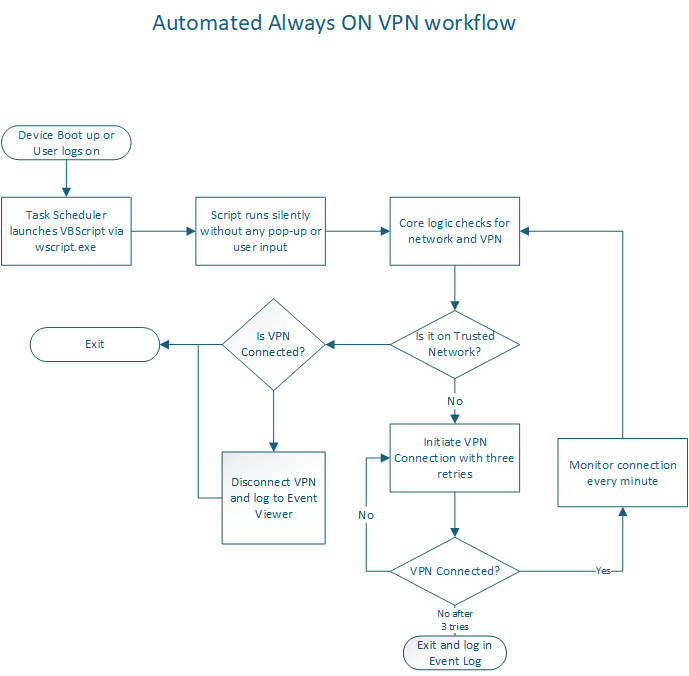A New Immune Treatment May Work Against Several Cancer Types
Several types of cancer appear to respond to an immune-based treatment.


In a study presented at the American Association for Cancer Research’s annual meeting, researchers report encouraging early results from research investigating a potential way to help some cancer patients avoid surgery.
According to the results of the early study, published simultaneously in the New England Journal of Medicine, 92% of patients who received only an immune-based treatment to help their own immune systems shrink their tumors—and no surgery, which is generally the standard treatment for them—showed no detectable signs of disease after two years. [time-brightcove not-tgx=”true”]
Maureen Sideris, 71, was one of those patients. The New York resident was diagnosed with gastroesophageal junction cancer in 2022 after she noticed it was difficult for her to swallow and digest food. When she saw a cancer surgeon, he told her that surgery to remove the tumor they had detected would be her best treatment option. He also informed her that she would need chemotherapy and radiation following the surgery to kill as much of the cancer as possible. “I was freaking out,” says Sideris. For a certain period after the surgery, she wouldn’t be able to talk or lie flat at night to sleep. Then there was the chemotherapy and radiation. “There were a lot of steps to the recovery.”
But based on the genetics of her cancer, she was told about a study of a new approach being pioneered by Dr. Andrea Cercek, section head of colorectal cancer at Memorial Sloan Kettering Cancer Center. Cercek was testing whether people like Sideris could be treated with a checkpoint inhibitor, a relatively new type of cancer treatment that frees the body’s immune cells to recognize and attack cancer cells. If the treatment worked, it would mean Sideris might not need surgery. “They told me it was all experimental—’Are you okay with that?’ I said, ‘Sign me up,’” says Sideris.
Read More: Some Early Forms of Breast Cancer May Not Need Treatment, Study Says
Cercek had not treated people with Sideris’ cancer using this method yet. But in 2024, she published encouraging results from a small study of people with rectal cancer, in which all 42 patients who got the checkpoint inhibitor, dostarlimab, as a monthly infusion became cancer-free—some even remaining in remission after four years. Now she was studying whether the same benefit could extend to people with different types of cancers, including colon, esophageal, stomach, urothelial, small bowel, endometrial, and, in Sideris’ case, gastroesophageal junction cancers.
According to the new results, among those with non-rectal cancers, 64% showed no evidence of residual disease on imaging or endoscopy exams after a year. Putting both the rectal and non-rectal cancer patients together, 92% did not have a recurrence of their cancer after two years. Even among those that did experience recurrence, the treatment reduced the number or size of their cancers.
“The bottom line is that everyone did benefit,” says Cercek. “No one was harmed. It takes home the message that therapy like this can lead to significant clinical complete responses, tumor downstaging, and significant improvement in the quality of life of patients.”
It’s the latest demonstration of the power of immunotherapy and other new methods doctors are testing to harness the immune system while avoiding the harsher, more invasive treatments like surgery, chemotherapy. and radiation. While immunotherapies also come with side effects—including fatigue, skin rashes, and, in a few patients, hypothyroidism—these are often manageable. For Sideris, the monthly 45-minute infusion for nine months was “innocuous. It was the easiest part of the whole thing,” she says. She continues to have imaging studies done to detect any small clumps of cells or hot spots that could become cancerous; if any appear, she has them ablated via endoscopy.
“I see this as utilizing an incredibly effective approach in early-stage disease where we can use immunotherapy and with the majority of these tumors, replace standard of care and surgery,” says Cercek.
She plans to continue studying Sideris and the other participants to determine if the benefits translate into longer survival, but she believes the findings are “likely to improve long-term outcomes.” She’s also planning to study those who did not respond to the immunotherapy to better understand how to extend the benefits to them.
Based on the results from the earlier study involving people with rectal cancer, the National Comprehensive Cancer Network has already included dostarlimab in their treatment guidelines for people with the specific genetic mutations Cercek studied, and the U.S. Food and Drug Administration gave the drug, made by the pharmaceutical company GSK, fast track designation for treating those types of cancers. (It’s already approved for treating endometrial cancers with the same genetic mutation.)
Cercek is hoping to replicate the response in other types of genetically altered tumors as well. But she is encouraged by these latest results, as well as the fact that many of the patients in the current study had cancers that were beyond the earliest stages and had disease that had spread to the lymph nodes. “These weren’t super baby-sized tumors,” she says. “There were definitely some that were Stage III. But we didn’t see any differences in tumor stage and how patients responded. We think that as long as there is not distant disease, or metastases, patients could benefit.”
























































![[Podcast] Smarter Brand Growth: How to Align Marketing & Sales (with ABM/ABX) with Jennifer Mancusi](https://justcreative.com/wp-content/uploads/2025/04/jennifer-mancusi-26.png)












